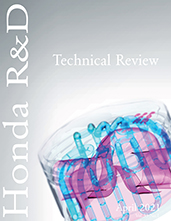Training / Education
Automotive NVH Analysis and Control
This course is offered in China only and presented in Mandarin Chinese. The course materials are bilingual (English and Chinese). The course introduces the basic knowledge of vehicle noise and vibration, provides the analysis and control methods for noise and vibration sources, and transfer paths, and describes the occupants' responses and control. The course is specially designed for NVH engineer and related graduate participants. The course combines the NVH theory and engineering practices. After finishing the course, the students will deeply understand the mechanism of NVH and promote their capacity to solve engineering problems.

